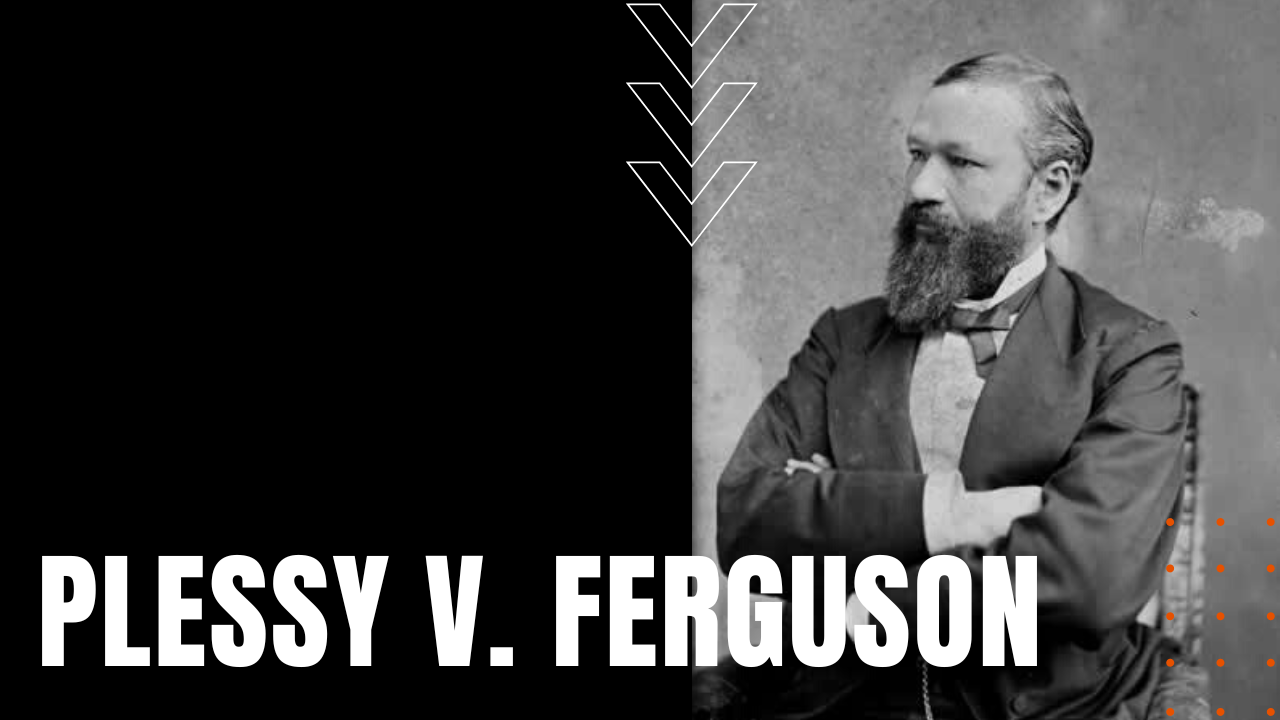-
April 19, 2023
Tecumseh
Tecumseh (1768-1813) was a Native American leader of the Shawnee tribe who fought to unite tribes against U.S. expansion and died in the War of 1812.
-
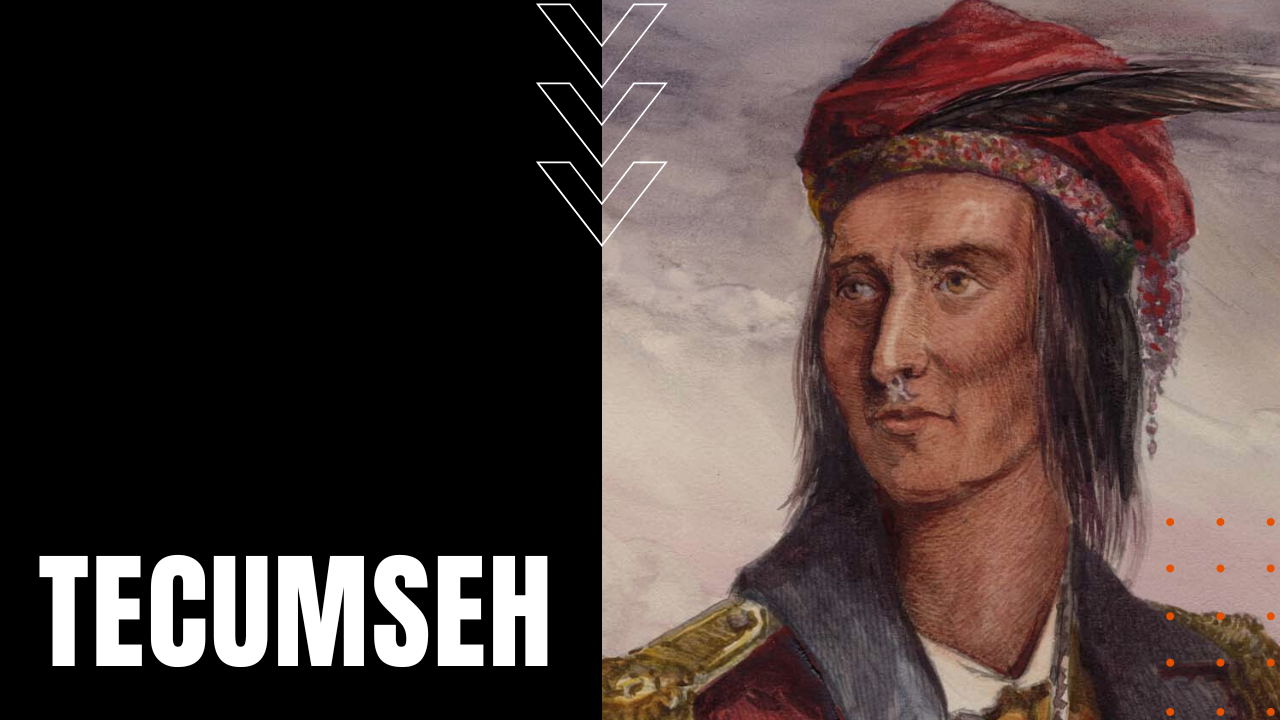
-
April 18, 2023
S&H Green Stamps
S&H Green Stamps were a rewards program popular in the mid-20th century, where shoppers received stamps with their purchases and could redeem them for products from a catalog.
-

-
April 10, 2023
Seneca Village
Seneca Village was a predominantly African American community in Manhattan, New York City, established in the early 19th century. It was home to about 300 people, and was eventually razed to make way for Central Park in 1857. The village represents an important chapter in New York’s history of Black land ownership and community-building, and its erasure highlights the displacement and dispossession experienced by Black Americans in the 19th century.
-
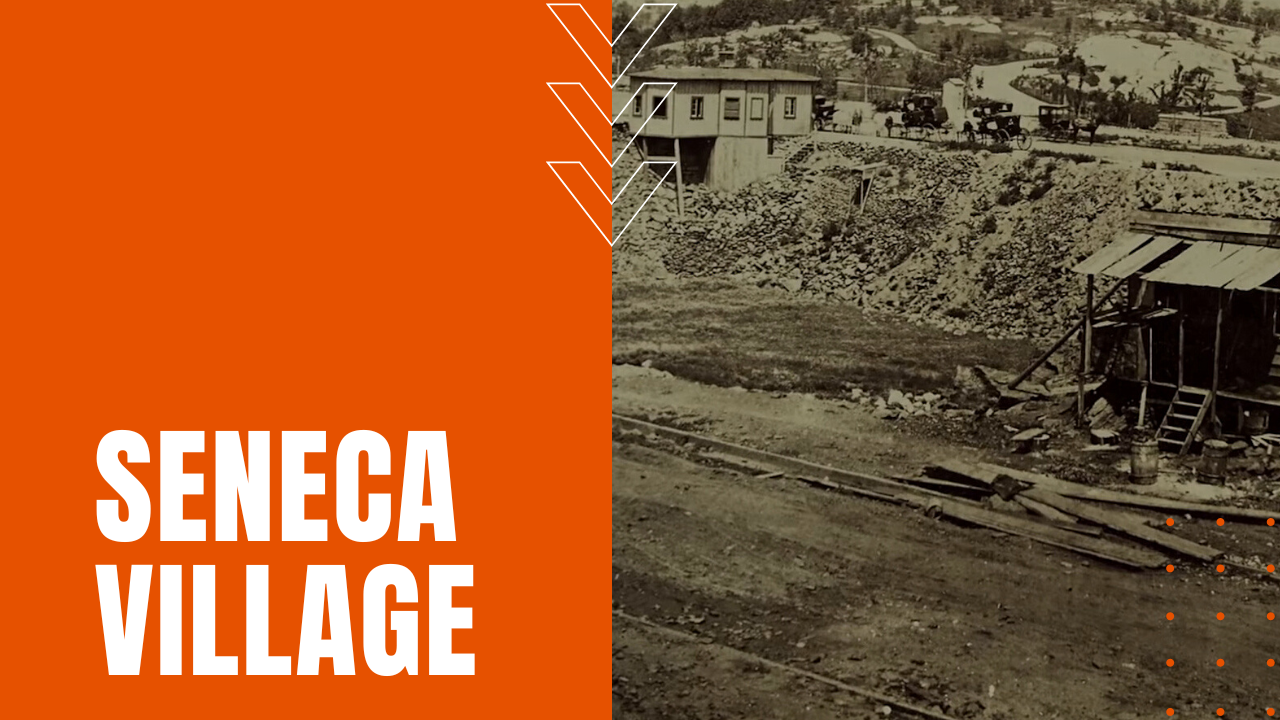
-
April 6, 2023
Dodd-Frank Act
The Dodd-Frank Act is a US federal law passed in 2010 to regulate the financial industry and prevent a repeat of the 2008 financial crisis. It established new regulatory agencies, increased oversight and transparency, and imposed stricter rules on banks, credit rating agencies, and other financial institutions.
-
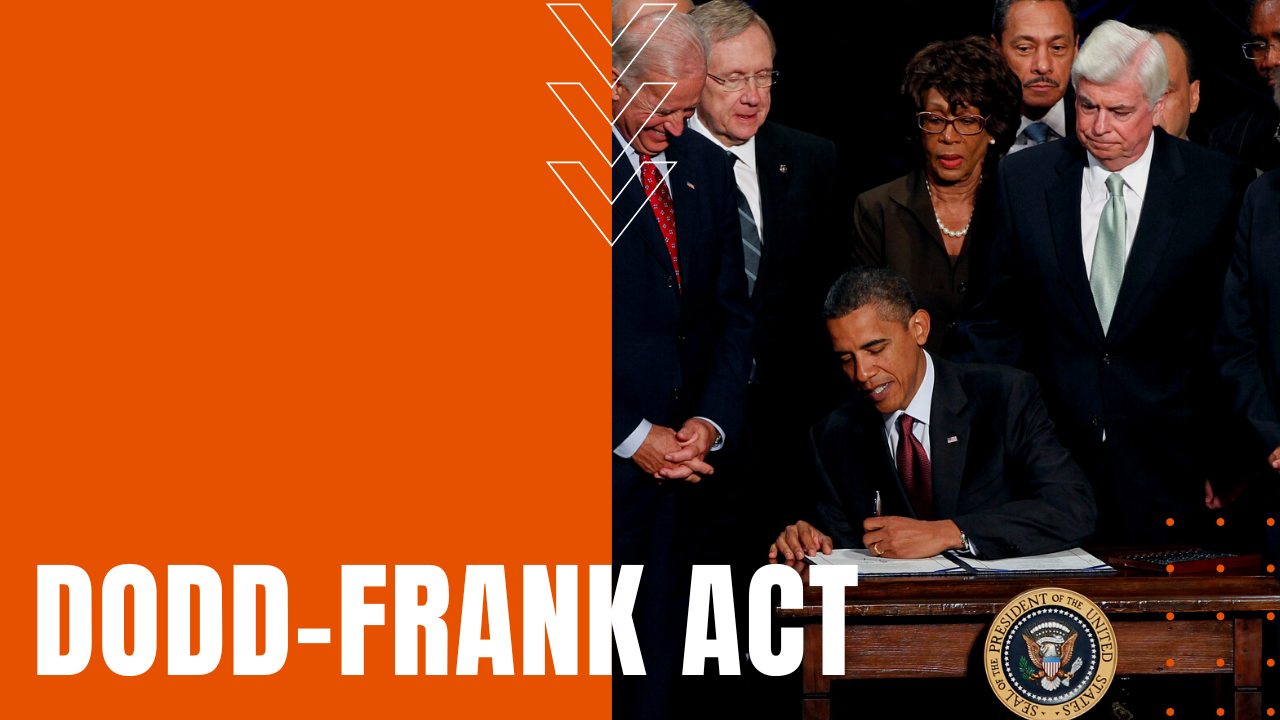
-
April 5, 2023
The Connecticut Compromise
The Connecticut Compromise, also known as the Great Compromise, was an agreement at the Constitutional Convention of 1787 that created a bicameral legislature with proportional representation in the House of Representatives and equal representation in the Senate. It balanced the interests of large and small states.
-
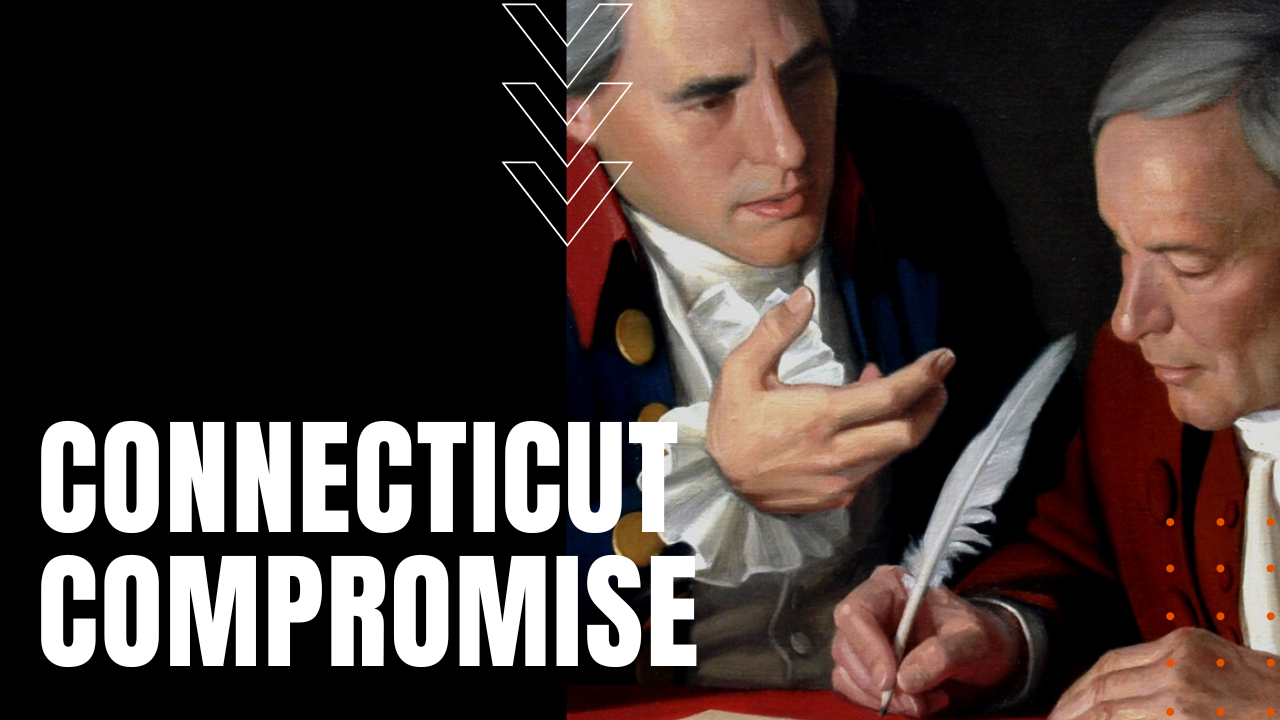
-
April 4, 2023
Memphis Sanitation Strike
In 1968, Memphis sanitation workers, mostly African American, went on strike to demand better pay, working conditions, and union recognition. The strike lasted for 65 days and ended with the assassination of Martin Luther King Jr., who had come to Memphis to support the workers. The strike was a pivotal moment in the civil rights movement and helped to galvanize support for workers’ rights.
-
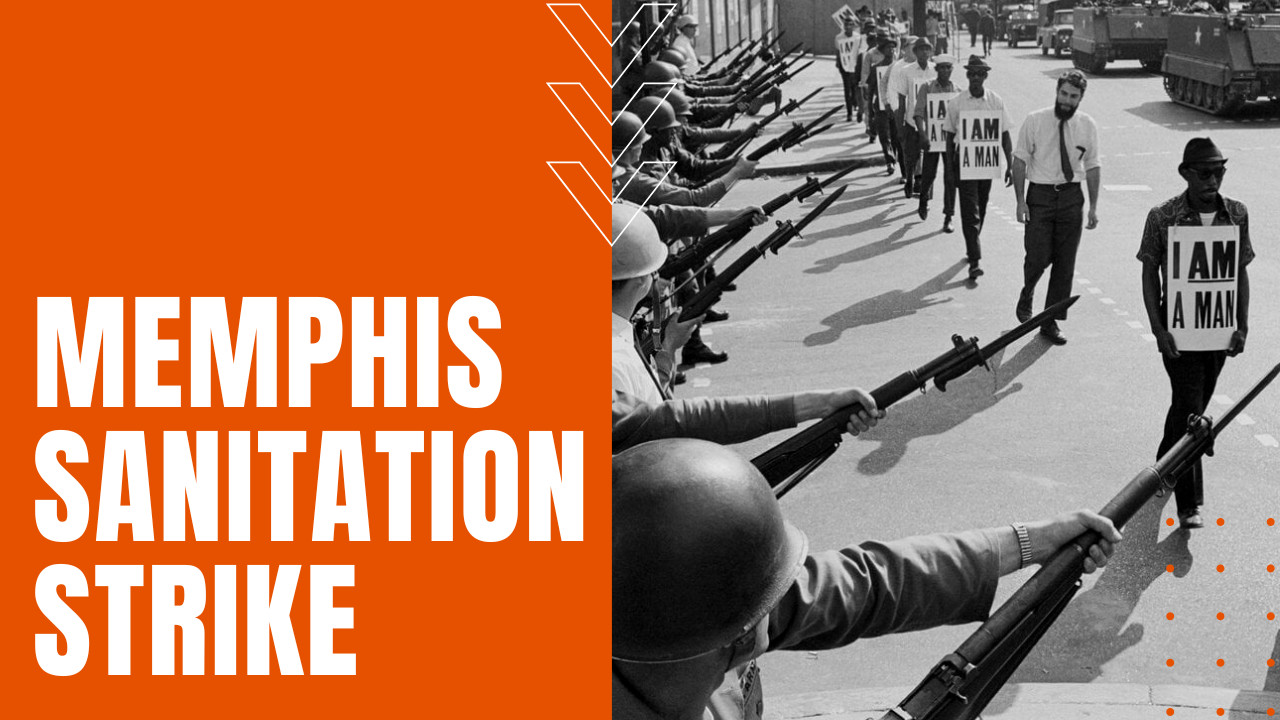
-
April 3, 2023
Plessy v Ferguson
Plessy v. Ferguson was a landmark 1896 US Supreme Court decision that upheld the “separate but equal” doctrine, allowing racial segregation in public facilities as long as they were deemed equal in quality. It was later overturned by the Brown v. Board of Education decision in 1954.
-
